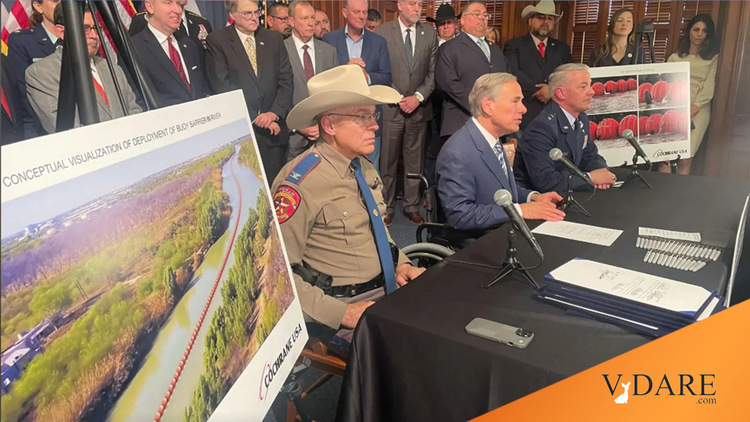The Biden Administration wants to mandate that 67% of all new cars, SUVs, and pickup trucks sold in the U.S. in 2032 will be electric (only) vehicles. This sounds like it will work out great if most of the following happen very, very quickly:
- There’s a massive improvement in batteries so that they can be charged quickly and during the middle of the day.
- These better batteries
- Tens or hundreds of millions of chargers are installed.
- The sunniest third of the country gets massive installations of increasingly cheap solar panels.
- Somebody figures out how to cheaply store solar electricity generated at noon when cars are mostly recharged at night.
- The other two-thirds gets, uh, something else.
- Environmental regulations don’t get in the way of these vast projects.
This is not to say that electric cars won’t ever work out. They are rapidly increasing and are approaching 6% of all cars sold. So all we have to do is multiply that share by 11 times in nine years.
It’s worth remembering that we have had for the last 20 years a proven technology for using less gasoline without all the annoyance and anxiety of being dependent on recharging frequently rather than filling up once a week for ten minutes: the hybrid.
Hybrids provide almost twice as much gas mileage in city stop-and-go driving. For the base model Toyota Camry LE, the hybrid version gets 51 mpg in the city compared to 28 mpg for the gasoline powered Camry:

Or there are plug-in hybrids that get better mileage but aren’t dependent upon charging:












